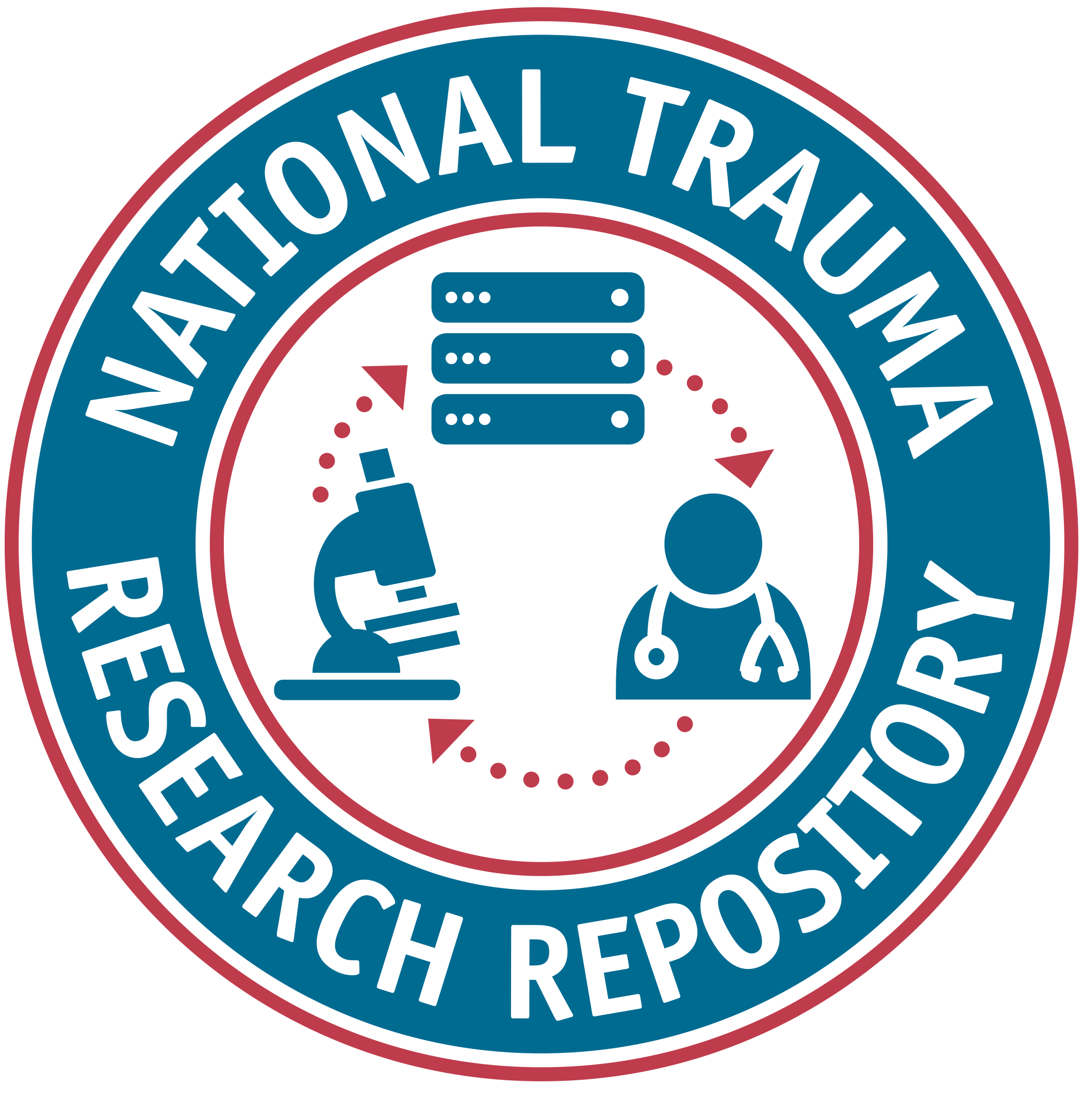Listed below are the details for the data element.
FITBIR
1.0
Element Type
Common Data Element
Family Assessment Device (FAD) - Reluctant show affection indicator
FADReluctantShowAffectionInd
Short Description
Indicator reflecting the participant/subject's agreement with the statement that his or her family is reluctant to show affection towards each other, as part of the Family Assessment Device (FAD)
Definition
Indicator reflecting the participant/subject's agreement with the statement that his or her family is reluctant to show affection towards each other, as part of the Family Assessment Device (FAD)
Notes
Creation Date
2014-04-01
Historical Notes
FAD Q9
References
TBI:
Epstein, N., Baldwin, L., and Bishop, D. (1983). The McMaster family assessment device. J Marital Fam Ther 9, 171-180.
Data Type
Alphanumeric
Input Restrictions
Single Pre-Defined Value Selected
Population
Adult and Pediatric
Guidelines/Instructions
TBI:
See instructions on form
Preferred Question Text
We are reluctant to show our affection for each other
Category Groups and Classifications
| Disease | Domain | Sub-Domain |
|---|---|---|
| Traumatic Brain Injury | Outcomes and End Points | Family and Environment |
| Traumatic Brain Injury | Outcomes and End Points | Psychiatric and Psychological Status |
Classification
Traumatic Brain Injury:
Supplemental
Epidemiology
Moderate/Severe TBI: Rehabilitation
Concussion/Mild TBI
Acute Hospitalized
Keywords
Labels





